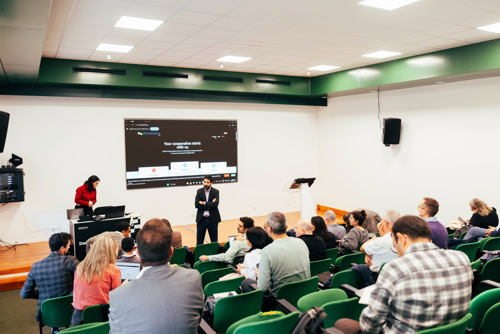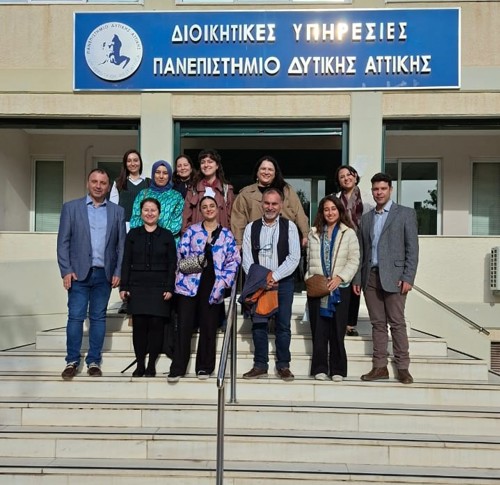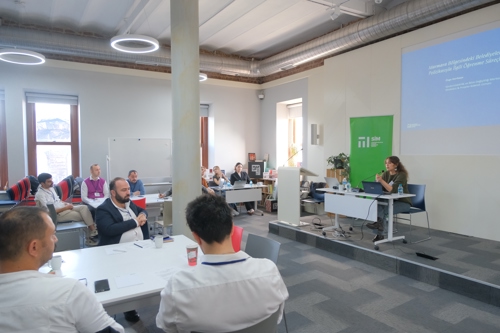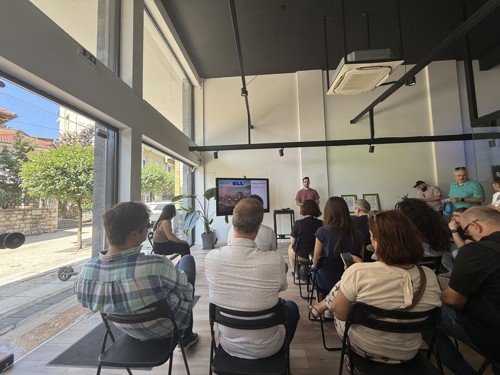The Future Of African Cities wasFocused inThis Program
17th Urban Age Conference was held between 29-30 November 2018 in Addis Ababa, Ethiopia. The Conference brought together policymakers, urban experts and practitioners to discuss urbanisation of the Africa.
Over 300 people attended the Urban Age “Developing Urban Futures” conference in Addis Ababa between 29-30 November 2018. They included over 60 speakers from 26 cities in Africa, Asia, Europe, South and North America.
Jointly organised by LSE Cities at the London School of Economics and the Alfred Herrhausen Gesellschaft, Urban Age Conference is considered the most authoritative interdisciplinary conference on global urbanism.
On behalf of Marmara Municipalities Union (MMU), MMU Secretary General Mr. M. Cemil Arslan, MMU International Cooperation Coordinator Burcuhan Sener, MMU Urban Planning Coordinator Ezgi Kucuk, General Manager of MMU's Affiliate Company Salih Dögenci and MMU Urban Policy Expert Samet Keskin attended the conference.
Before the day of the 17th Urban Age conference, speakers and guests explored Addis Ababa’s changing dynamics on a city tour guided by local experts from Addis Ababa University. The two-day Urban Age conference acted as a platform for debate on the development trajectories of key sub-Saharan African cities, including Addis Ababa, Lagos, Nairobi, Kampala, Accra, Dar es Salaam and Cape Town alongside corresponding cases from the Indian subcontinent, Southeast Asia, South America, Europe and North Africa.
2.5 Billion People Will Be Added to the Population of World Cities by 2050
In the Urban Age Conference, which focused on examining the development of cities in fast urbanized countries, it was emphasized that by the year 2050 about 2.5 billion people would be added to the current population of the cities and almost 90% of this would take place in the cities of Asia and Africa. In the African continent, which has a population of 40% today, the population growth and increasing trend of urbanization are considered together, and the figure of 500 million will increase to 1.4 billion. In the conference, these cities were evaluated in terms of important topics such as urban change, planning, labour, finance, governance, transportation, efficiency and innovation.
Two-thirds of Investments to Infrastructure
Considering the speed and scale of change in African cities, it was stated that this situation puts a great deal of pressure and responsibility on national and local governments and that by 2050, two-thirds of the investments to be made in cities should be spent on the city infrastructure. In sub-Saharan Africa, where urban development is largely informal and unplanned, it was emphasized that the decision and the steps to be taken would be very decisive for urban immigrants in the 21st century.





